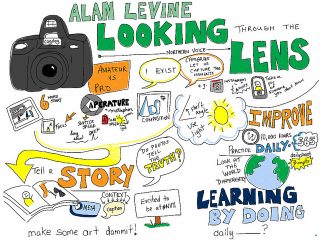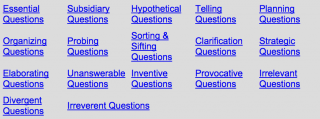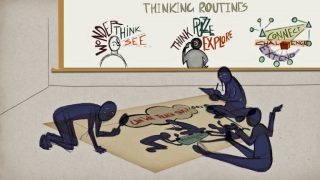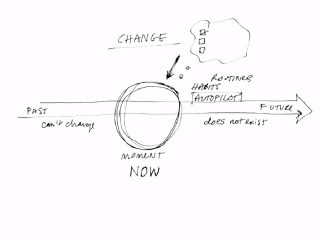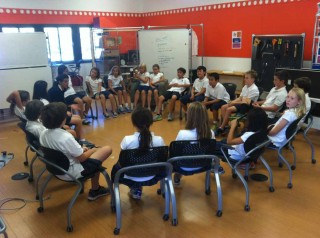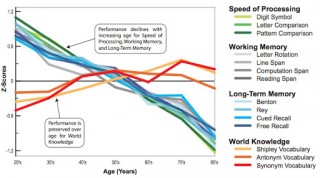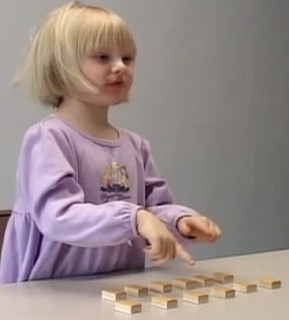
How to improve your reading skills
There’s a flood of information which grows rapidly and which is even pushed by multi-media, blogging and so on.
Reading is a must-have and a must-select and a must-think-about and a must-to-decide by yourself.
Reading is one thing and finding your own position and to decide what it’s all about and where you have to go is the other thing. If you want to improve your competence of reading, just have a look:
- Read across the curriculum
- Use a variety of reading-materials from different sources
- Stock school and classroom libraries
- Plan field-trips
- Organize community service and other activities
- Improving your knowledge base is essential, so don’t give up and keep your courage and of course your passion to read
- And don’t forget speed-reading does not help, it even spoils your competence.
— http://www.edweek.org/tm/articles/2017/01/04/five-ways-to-help-students-build-prior.html?cmp=eml-enl-tu-news1
Read More

